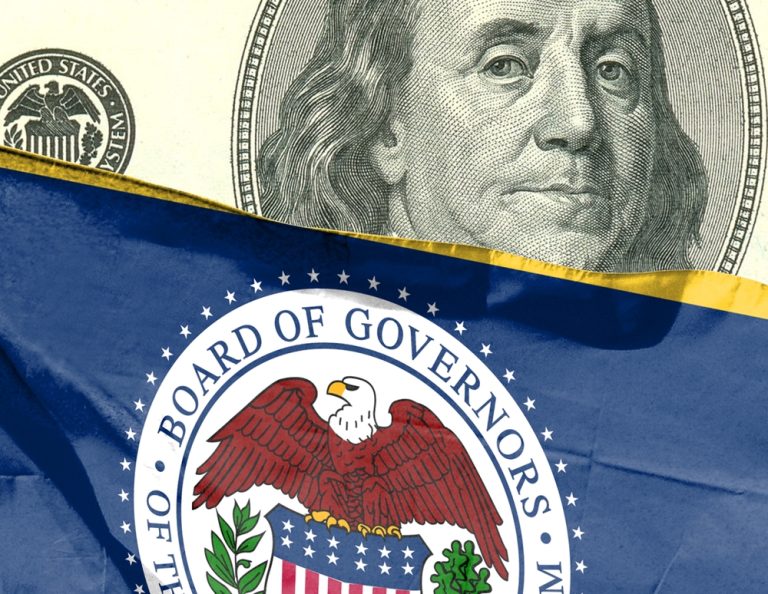Bond market reacts to lower-than-expected price growth
U.S. Treasury yields declined on Wednesday as investors assessed July’s inflation report and its implications for monetary policy. The 10-year Treasury yield fell 6 basis points to 4.231%, the 2-year yield dropped 5 basis points to 3.681%, and the 30-year yield declined 6 basis points to 4.821%. Yields move inversely to prices, and one basis point equals 0.01%.
The pullback in yields came as data showed consumer prices rising only slightly in July, easing fears that tariffs were significantly accelerating inflation. Traders are now pricing in a nearly 96% chance of a Federal Reserve rate cut at its September meeting, according to CME’s FedWatch Tool.
Tariff effects remain uncertain
Deutsche Bank analysts noted that the effective tariff rate has fluctuated in recent months, complicating efforts to measure its impact on prices. “It may be some time before we get a clear signal,” they wrote, pointing out that several tariffs were introduced as recently as August 7, with more potentially coming in sectors like pharmaceuticals and semiconductors.
Focus turns to upcoming economic data
The inflation report precedes the Fed’s annual policy symposium in Jackson Hole, Wyoming, scheduled for August 21–23, which could shape interest rate decisions. Investors are also awaiting Thursday’s release of the producer price index (PPI), which will indicate how much producers are charging wholesalers and retailers before goods reach consumers. Additional key data due this week include July retail sales on Friday and the University of Michigan’s Consumer Sentiment survey.


